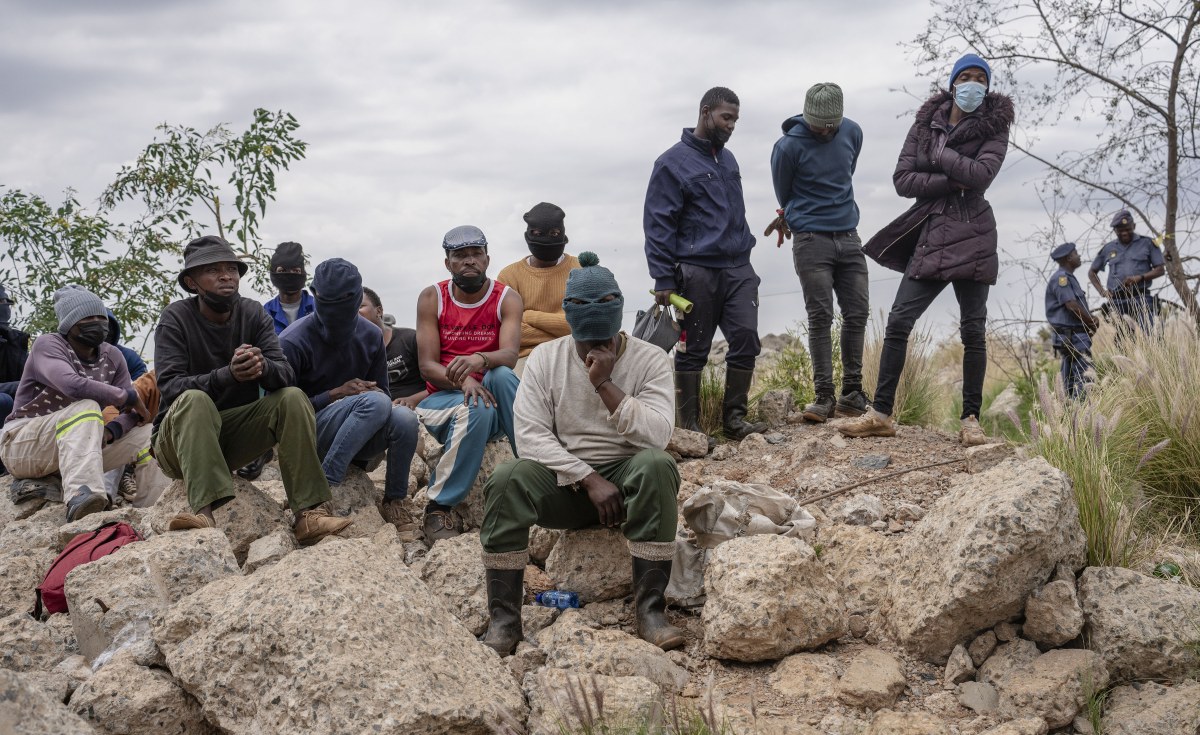Addis Abeba – The president of Tigray Interim Regional Administration (TIRA) and vice chairperson of The Tigray People’s Liberation Front (TPLF), Getachew Reda, has announced that he will not participate in the party’s upcoming congress.
In a letter addressed to the party’s chairman Debretsion Gebremichael (PhD) and the party’s Central Inspection Commission head Tekleberhan Araya, president Getachew emphasized that he maintains concerns over the legitimacy and democratic nature of the congress.
“Attending the event would endanger both the party and the people of Tigray,” he argued, adding that several members of the TPLF senior leadership, including the party’s Central Inspection Commission have also declared that they will not partake in the congress, deeming it a violation of the party’s top leadership decisions.
“There is no consensus on the process, democratic nature and legitimacy of the congress,” Getachew emphasized in his strongly-worded letter published by the regional broadcaster.
Furthermore, Getachew stated that the request submitted to the electoral board seeking the party’s legal recognition and ongoing activities to organize a congress are all “illegal movements by a group that does not represent the TPLF”.
“Not only do I not accept it, but I will also fight it strongly as it is destroying the party,” the interim president asserted.
Last week, in an extensive interview with Dimtsi Weyane, TPLF affiliated regional outlet, Getachew Reda issued a scathing indictment of the leadership of the TPLF, accusing them of widespread corruption, mismanagement, and jeopardizing the plans of the interim administration and regional security.
His latest announcement boycotting the upcoming party congress comes in the backdrop of a joint statement by senior military leaders in the region, on Thursday, who warned against deepening political rift that threatens the peace and security of the region and erodes unity of the Tigray people.
The joint statement, that followed a discussion on the current political and security situations of the region, emphasized the need for a peaceful resolution of all political disputes within the region, and warned against potential external involvement.
“We believe all political activities should be conducted in a civilized and democratic manner, allowing for a free exchange of ideas within the bounds of the law,” the military leaders said in a televised statement, while reiterating their opposition to any actions that could “undermine the region’s unity or the sacrifices made by its people.”
Expressing gratitude for progress made under the Pretoria agreement, transitioning the region from armed conflict to a peaceful path, the military leaders, holding varying positions in the regional security structure, pledged support for the full implementation of the agreement and affirmed their commitment to working collaboratively with the federal government.
Furthermore, to strengthen the rule of law, combat corruption, and maintain regional peace, the leaders outlined plans to engage with the community and enhance accountability measures.
In September last year, Getachew Reda explained how the interim regional government’s attempts to separate government and party lines was perceived as an “anti-TPLF” approach, posing challenges to his administration.
In an article published in December last year by Addis Standard, experts suggested that the lack of clarity in the division of powers, combined with the lingering influence of the previously dominant party, is fueling internal strife within the regional leadership. AS











